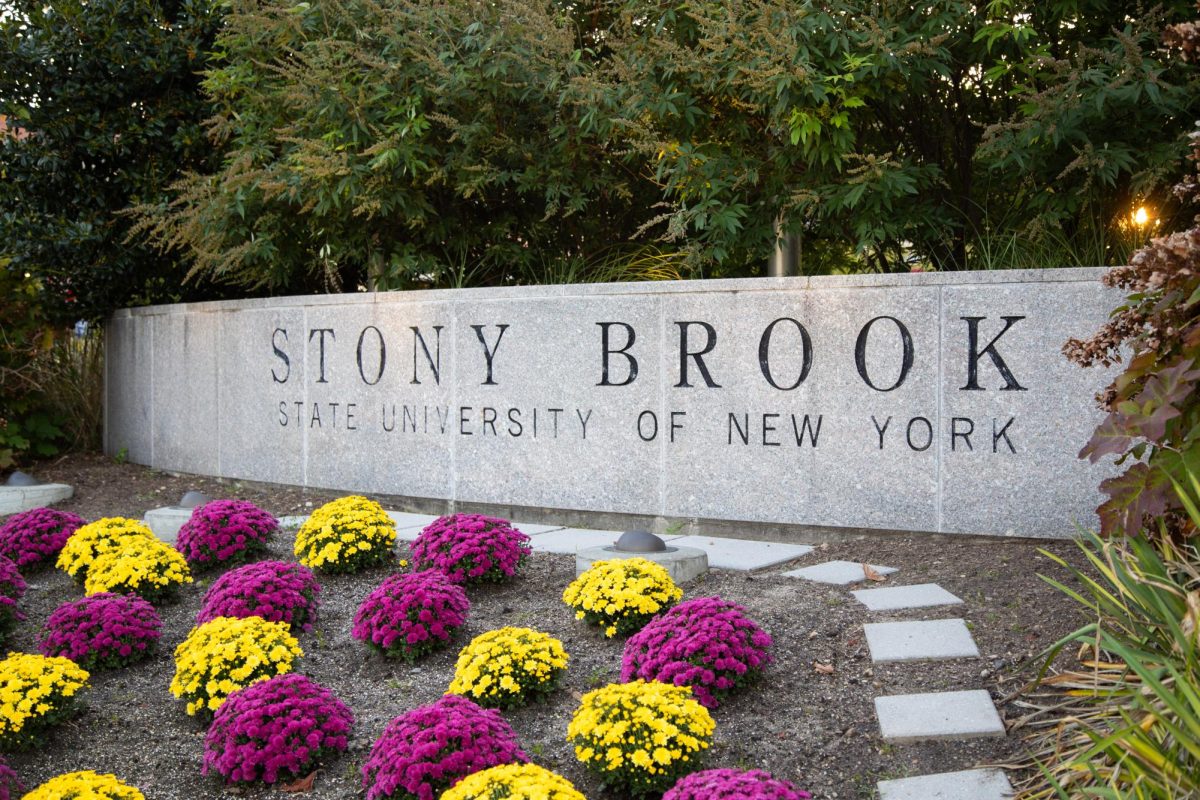
“Discrimination, exclusion and indoctrination,” remarks Florida Governor Ron DeSantis when asked to describe his opinion on the initiatives of diversity, equity and inclusion (DEI). This narrative could not be further from the truth; however, it has been heavily pushed in politics over the past year.
The University of Florida’s Journalism and Communications program published the benefits of DEI programs in their news section on May 20, 2020. Now, more than three years later, that message is under attack. As outlined in their article, the benefits of DEI are both emotionally and academically prevalent; it is difficult to see why Republicans are pushing for the complete removal of such practices.
One must render themselves blind to ignore the blatant removal of fairness and equality programs by our own government. If DEI initiatives truly do have harmful or useless aspects, why not direct efforts toward mending the weak spots rather than eliminating the programs entirely? Or towards providing an alternate program that has the same values as DEI but is more effective? Neither of these changes will be made because the eradication of DEI is all just an underlying ideological push towards the oppression of minorities by the Republican party — as DeSantis ironically claimed the teachings to be during a news conference at New College of Florida in Sarasota.
“If you look at the way this has actually been implemented across the country, DEI is better viewed as standing for discrimination, exclusion and indoctrination,” DeSantis said.
Recently, to suppress so-called “wokeness” — a term coined by Republicans to criticize liberal progressivism as radical or unserious — DeSantis and his Republican colleagues signed and backed a higher education law that prohibits the funding of DEI-related programs and courses.
DeSantis claims that the academic push for inclusion and fairness is a mere political move. However, DEI has existed in the United States since the 1960s following the Civil Rights Movement, and it is most certainly not an “ideological” push from modern Democrats. The frameworks of DEI aim to serve as a method to bridge inequality gaps between different groups in education and the workplace; this is important because it allows for inclusive classrooms, as well as campus and work environments that apply to all groups — especially minorities.
The Republican push for the removal of DEI is cause for concern, as it relies on heightened emotions rather than relying on factual evidence or the personal experiences of students. Why does it seem like the party is trying to fight against equality?
Inside Higher Education reports that DeSantis has claimed that DEI programs and teachings are “wasteful” and “hostile to academic freedom.” This assessment is both problematic and flat-out hypocritical. These programs and classes are surely not wasteful to the millions of students who have been protected from discrimination or educated on the prejudices that exist in our society. It’s been established that these programs foster critical thinking skills, bias prevention and management and an increase in multicultural competence.
It is hypocritical to claim that the initiatives of the DEI are “‘hostile to academic freedom’” when this higher education law is the real threat — it’s actively censoring this field of inclusive curriculum. Choices are being decided for students without their consent, with both inclusivity programs and educational courses being snatched out of their reach.
The New York Times reported a controversial claim DeSantis made during the bill’s signing, where he said, “If you want to do things like gender ideology, go to Berkeley.” This is a bold statement, considering The University of California, Berkeley is a well-respected university, with an acceptance rate lower and a graduation rate higher than any one of the many Florida universities.
Going beyond statistics, the school can easily be seen as more favorable solely because they promote a diverse and fair campus community through their own DEI efforts and lack of restriction on student freedoms.
It is no surprise that communities are outraged with this bill; students from the Student Government Association and the Black Student Union at Florida International University (FIU) took to social media to issue a statement on their school’s reaction to the new bill, which reads, “The Student Government Association is saddened to see the closure of FIU’s Division of Diversity, Equity, and Inclusion and the Office of Social Justice and Inclusion. We are distraught that FIU has … to hide its diversity and inclusivity programs behind web pages covered in vague doublespeak.”
FIU is not the only Florida university facing drastic changes; students from the University of Florida (UF) have also noticed the demise of their once-equitable campus community.
“You can notice a clear difference in how many classes they have gotten rid of … it’s super odd,” Misha Abraham, an aerospace engineering major at UF said. “Also, now RAs [Residential Assistants] cannot even mention pronouns when interviewing new prospective RA applicants, which is different from how campus was last semester; I remember going to clubs and everyone would introduce themselves along with their pronouns. I guess things are just different now.”
It is both shocking and alarming to see these changes being made on college campuses all around the state of Florida. Why should students want to live and study at universities where they feel as though no one is vouching for their mere existence?
“I think DEI is important because it allows your actual skillset to be recognized despite your background or personal identification, making school more inclusive and enjoyable overall,” Abraham said.
Studies tend to skew towards this view as well. The Higher Education Institute surveyed 55,000 college faculty members and found that 90% of the faculty “agreed that a diverse student body enhances all students’ educational experiences.”
This agreement amongst faculty members is worth more than the opinion of any politician, as they are the ones observing and spending time with the students on campus. They know and feel the difference between a successful, uplifting academic environment versus a suppressive one, whereas most elected officials cannot confidently say the same.
Although the issues and policies of Florida’s state government may seem of little relevance to those residing in a different state or country, these oppressive efforts are not being solely contained to the peninsula itself; exactly half of U.S. states have proposed anti-DEI legislation — seven have been signed into law, and the rest are awaiting approval.
It doesn’t stop at that. Up until Jan. 21, DeSantis had been running for the Republican nomination for the 2024 presidential election, which not only put him on a national platform but also allowed for the spread of this harmful rhetoric internationally.
He received a decent amount of support, with Americans from across the nation agreeing with both his policies and opinions. If DeSantis or anyone sharing his views were to win the presidency, it is hard not to wonder if these same Florida policies could appear nationwide, and what that would mean for the state of our country. The elimination of DEI initiatives could be just the beginning of a repressive conservative wave crashing down upon all of us.


















